
When the fertility of a couple is being evaluated, the clinical results may cause either or both partners to feel guilt or shame. Perhaps they have pondered the question for a long time: Is there something wrong with me?
During therapy sessions, I have seen how common it is for the woman to assume her inability to get pregnant is her fault. She may think she is living unhealthily, that she has a negative attitude, that she doesn’t “deserve” to become pregnant, or that she is being punished for something. In most cases, the man has not pondered the question as much as the woman has — but he might have a sneaking suspicion, perhaps triggered by his partner asking him “to get tested soon”.
Should the clinical evaluation unveil a cause in the woman, then she is usually pretty good at distinguishing between herself and her personality on the one hand, and her ovaries, eggs, or other physiological dysfunction.
For a man, it’s different. If there is something wrong with his sperm quality, then he very often feels there is something wrong with him as a person. It has a deep impact on his sense of manhood, his ability to carry on the family line, and his ability to make his woman happy.
During therapy sessions I work with whatever guilt or shame the man and/or woman might be feeling.
To defuse the situation and lessen these destructive feelings, it is essential to focus on:
- Make the partner who believes they’re at fault for involuntary infertility feel secure about the treatment. The person who feels at fault might easily develop anxiety that their partner will abandon them. Their guilt and fear are almost always unfounded; in the vast majority of cases, their partner is focused on finding a way to fulfill their shared desire to have a child – and not on “guilt”.
- For couples who have chosen to open with family and friends, it is a very good idea to say that “we” are struggling to have a child, rather than pointing to only one partner. This is true even if a physiological limitation in one of them is the cause of reduced fertility.
- It’s vital to be conscious that we’re adults – and that we have choices. A couple must emphasize that they have decided to continue their relationship, even though the path to having a child is proving to be a challenge.
- Ask the questions: Are you responsible for what is beyond your control? Could you have done anything differently to meet the challenge? Does it make any sense to feel guilty about something that you cannot control?
- It is important to put feelings into words and ask questions like “Do we feel guilt or grief?” Deep sadness and grief are very common and quite normal after being told about the cause of infertility. To voice the word grief opens us to empathy — whereas conveying guilt inspires little understanding and invites less empathy.
In a good, strong couples relationship, it is unimportant which partner is the physiological cause of infertility. Both partners “own” the problem, and together they seek a solution to their challenge. Together, they have decided to become parents. When you are fortunate enough to have found your life partner, and to become mother and father, then you are willing to make great efforts to welcome your child into this world!
Tone Bråten


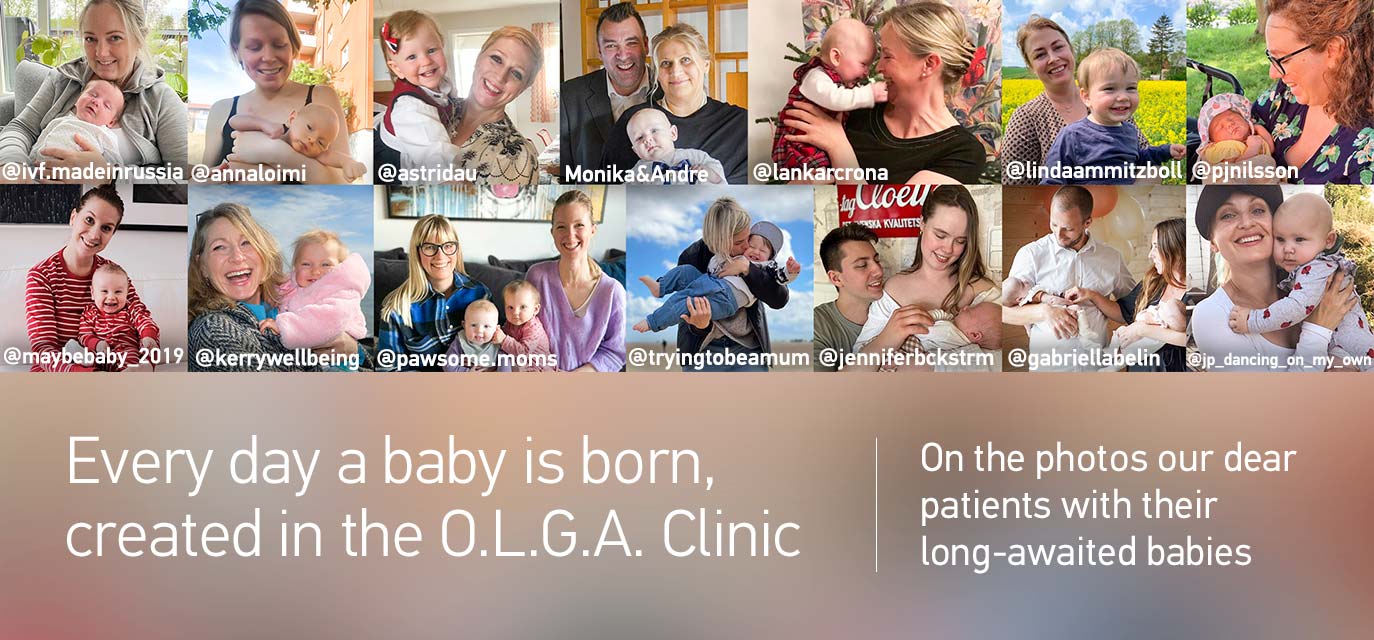
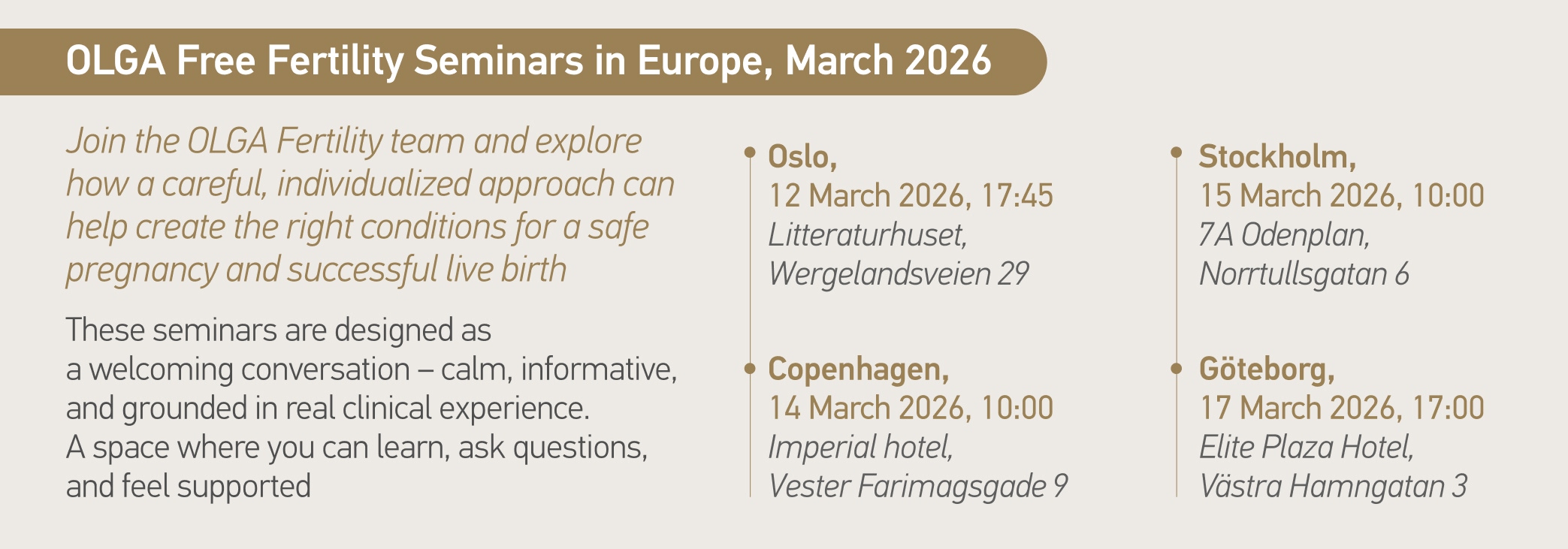
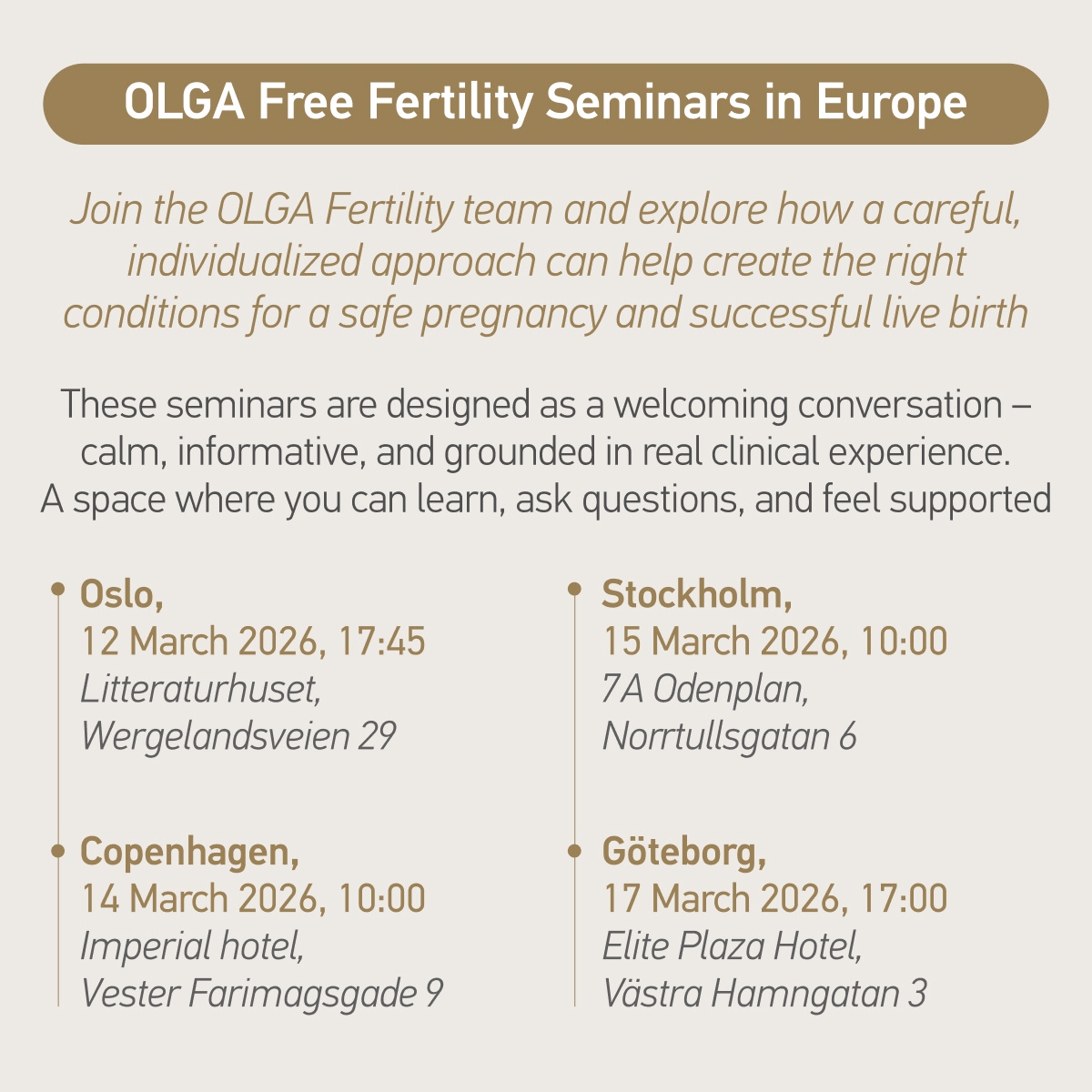





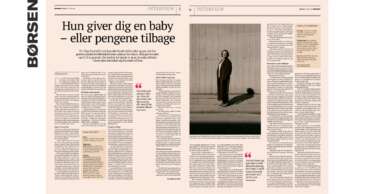
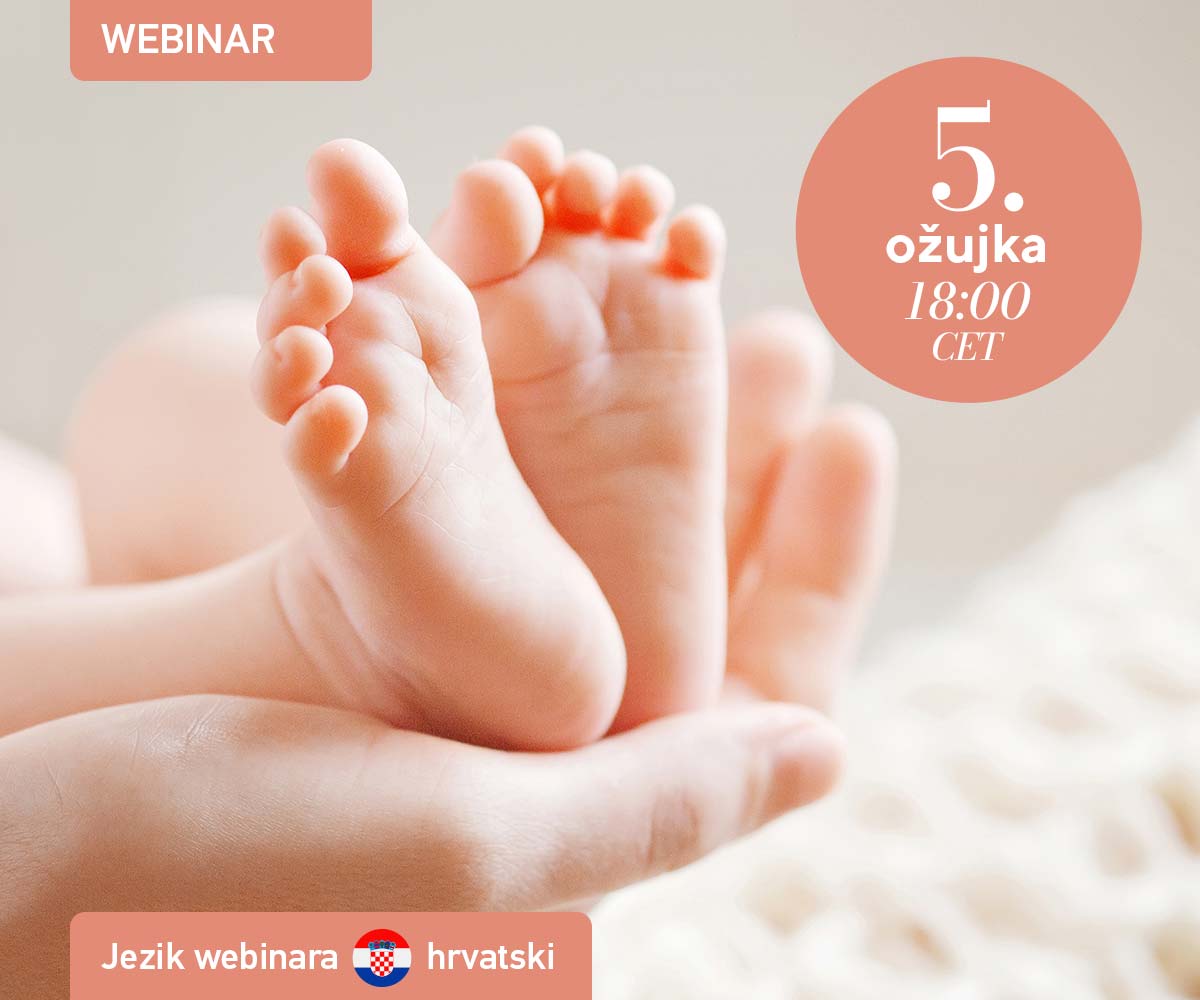
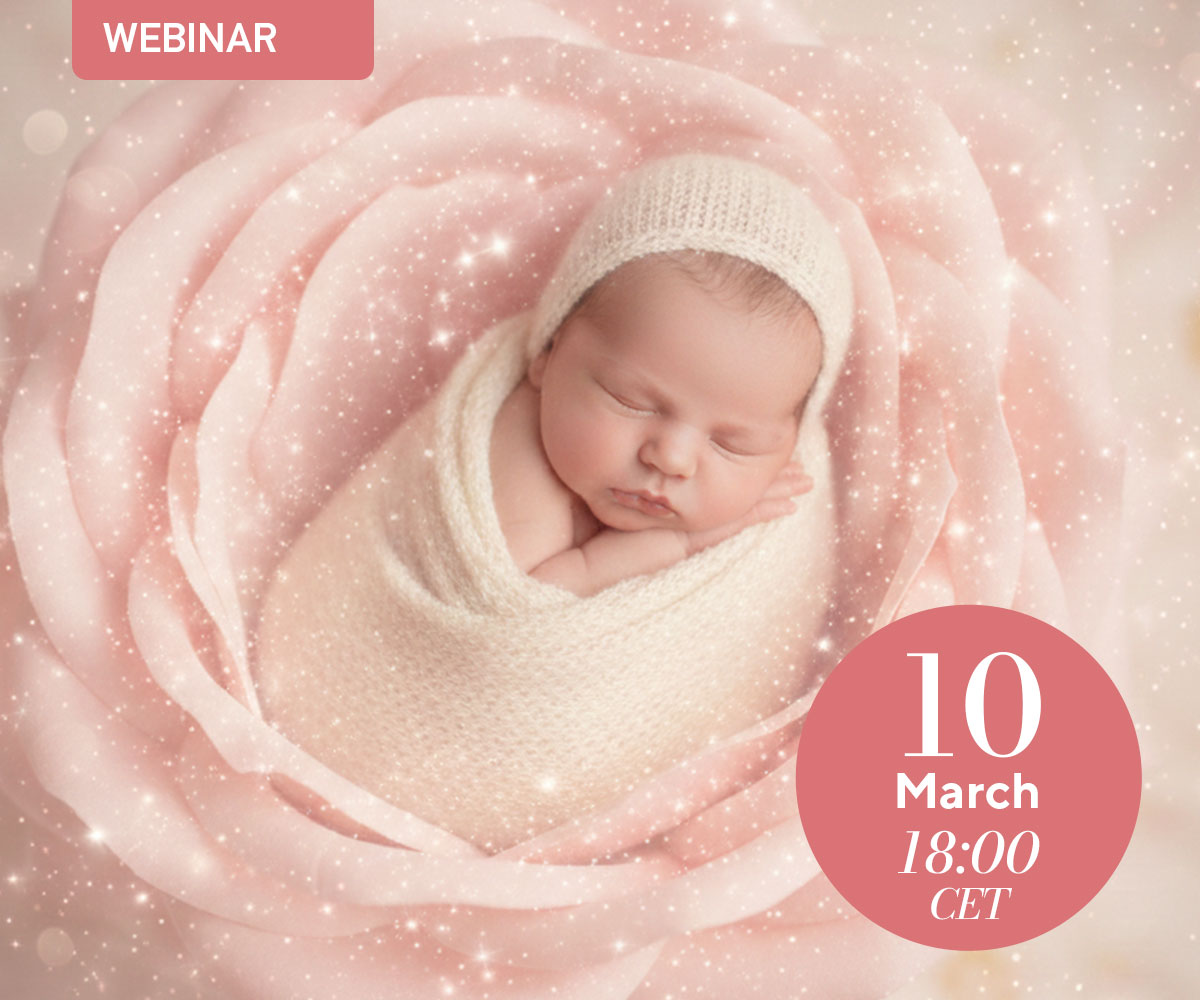
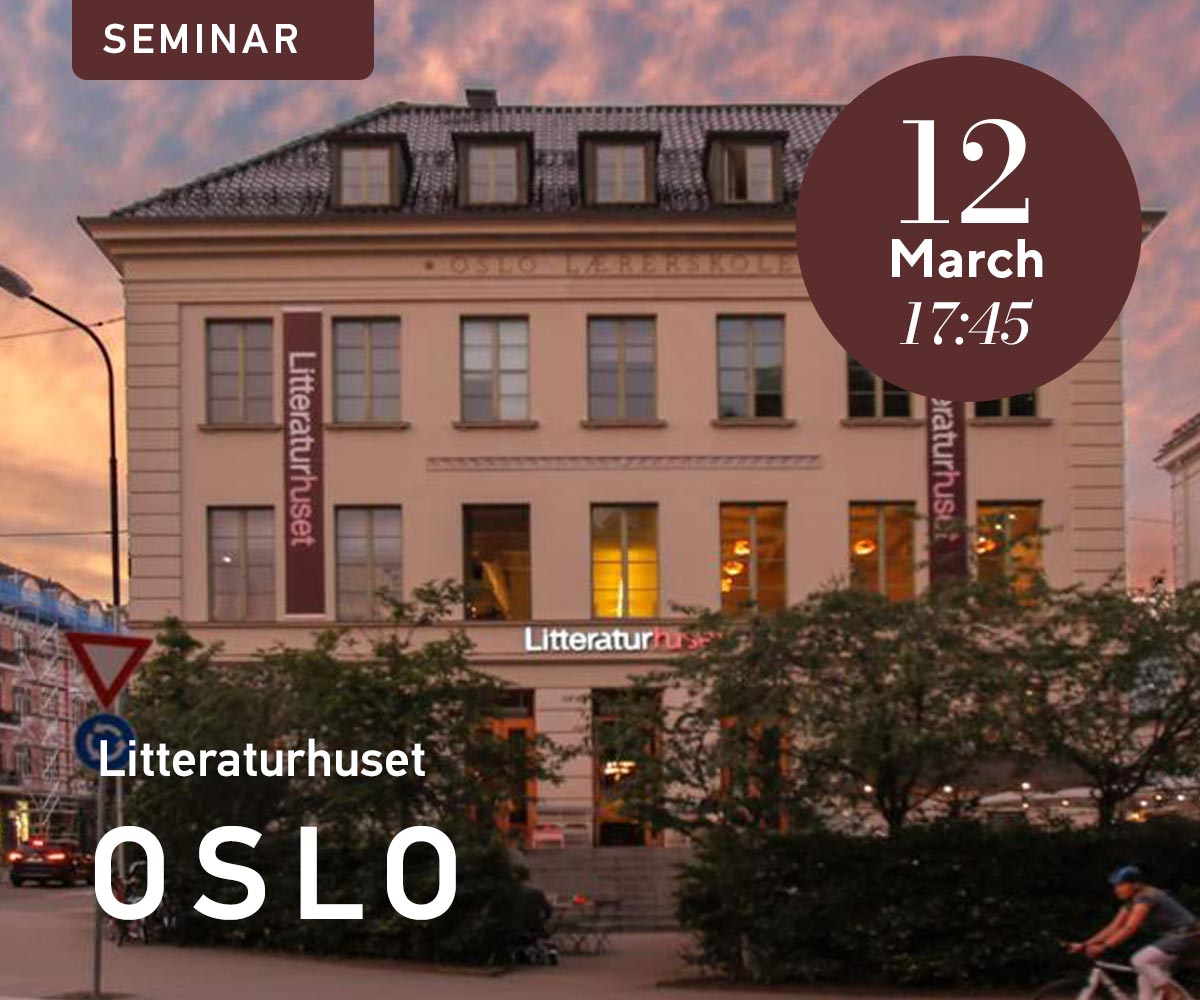



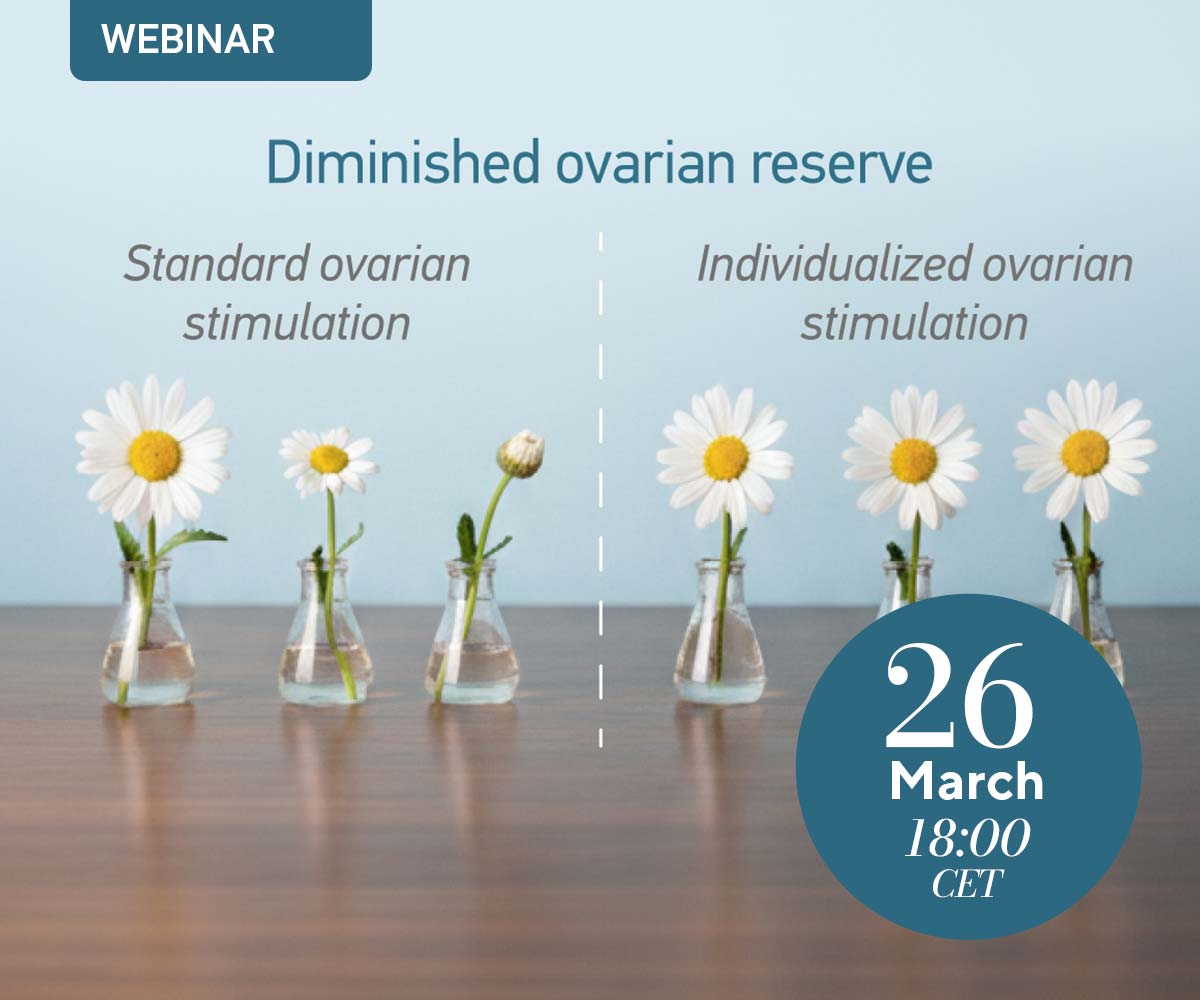
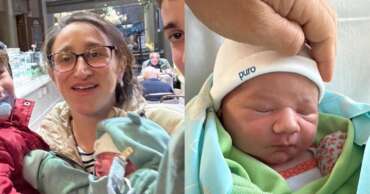

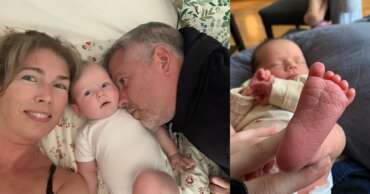
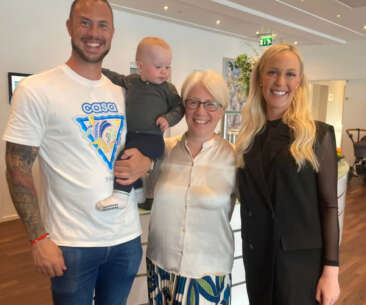









Comments are closed.